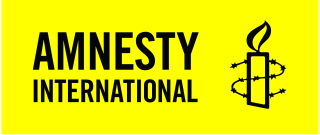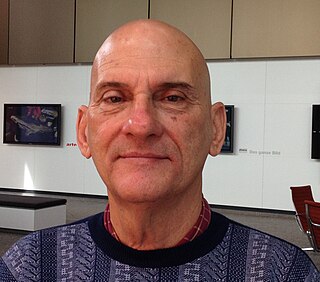Néstor Rodríguez Lobaina is a Cuban democracy activist. He is the older brother of Rolando Rodríguez Lobaina.

Cuba, officially the Republic of Cuba, is a country comprising the island of Cuba as well as Isla de la Juventud and several minor archipelagos. Cuba is located in the northern Caribbean where the Caribbean Sea, Gulf of Mexico and Atlantic Ocean meet. It is east of the Yucatán Peninsula (Mexico), south of both the U.S. state of Florida and the Bahamas, west of Haiti and north of both Jamaica and the Cayman Islands. Havana is the largest city and capital; other major cities include Santiago de Cuba and Camagüey. The area of the Republic of Cuba is 110,860 square kilometres (42,800 sq mi). The island of Cuba is the largest island in Cuba and in the Caribbean, with an area of 105,006 square kilometres (40,543 sq mi), and the second-most populous after Hispaniola, with over 11 million inhabitants.
Rolando Rodriguez Lobaina, is a Cuban democracy activist.
He founded the Alternative Studies Center of the Cuban Youth for Democracy Movement. He was arrested in 1999 when he began a hunger strike in support of the Tamarindo 34 hunger strikers. [1] He was arrested again in 2000 and sentenced to 6 years in prison. Amnesty International recognized him as a prisoner of conscience. [2]

Amnesty International is a London-based non-governmental organization focused on human rights. The organization says it has more than seven million members and supporters around the world.

Prisoner of conscience (POC) is a term coined by Peter Benenson in a 28 May 1961 article for the London Observer newspaper. Most often associated with the human rights organisation Amnesty International, the term can refer to anyone imprisoned because of their race, sexual orientation, religion, or political views. It also refers to those who have been imprisoned and/or persecuted for the non-violent expression of their conscientiously held beliefs.
He was released in July 2005. He explained his gratitude to Amnesty International members who helped him. [3]






